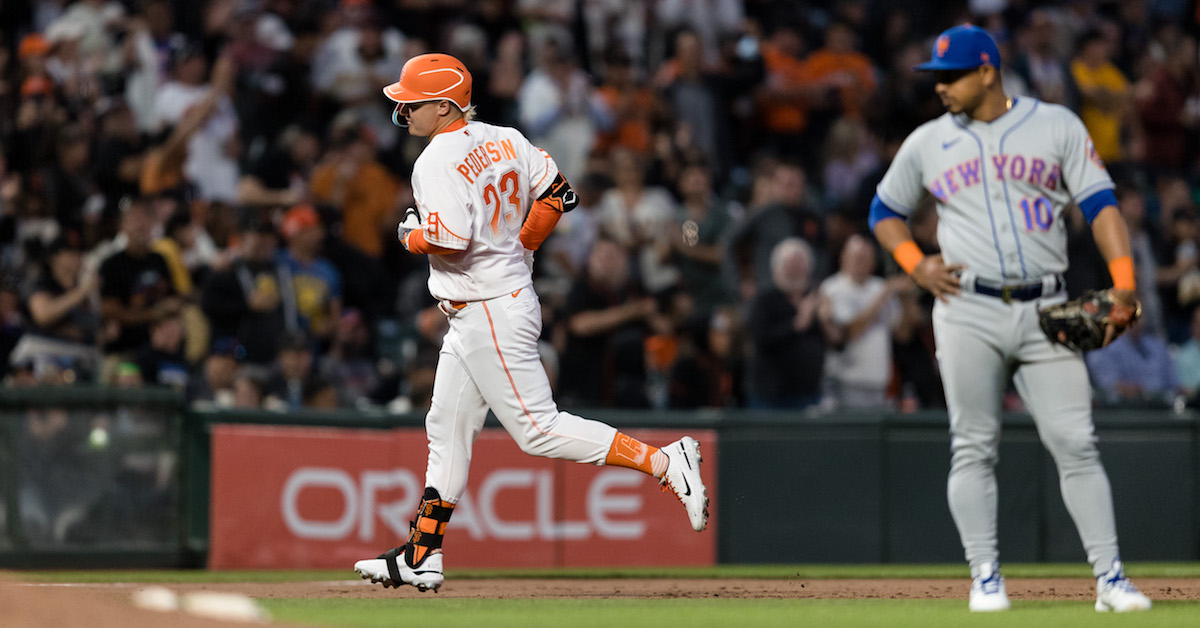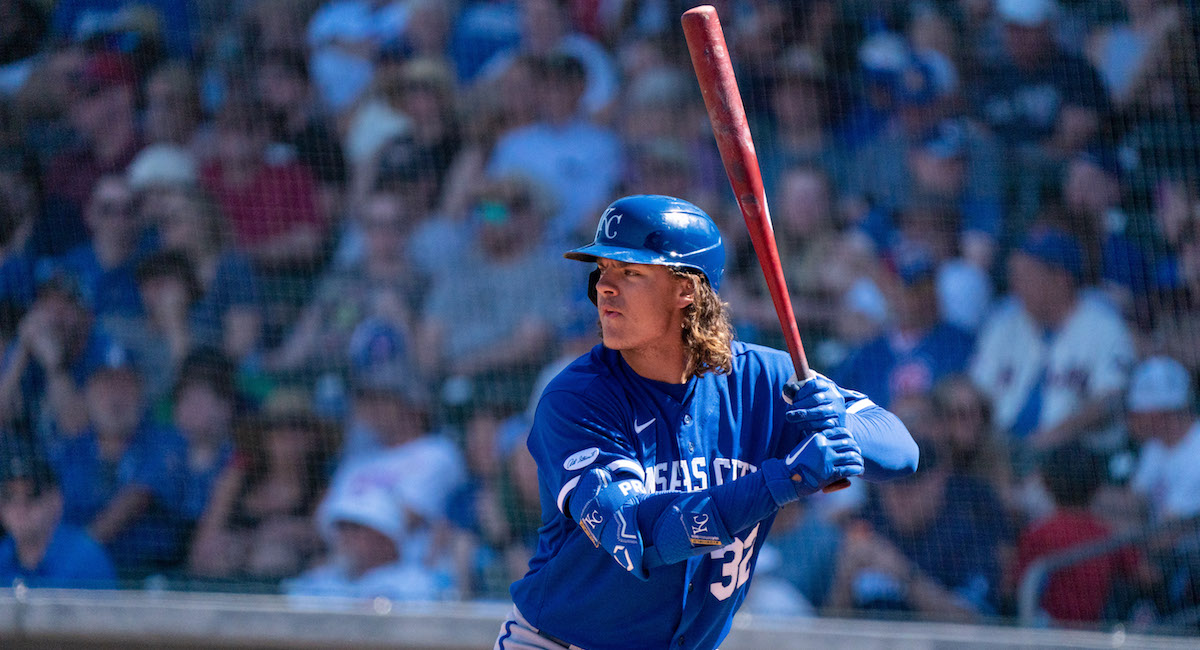The Mets and Giants Just Played the Game of the Year (So Far)

Whether or not you’ve seen it, you likely know the premise of Freaky Friday. A mother and her daughter switch bodies in a great cosmic mixup, and hijinks ensue. Hello! Welcome to FanGraphs. I’m Ben Clemens, and today we’ll be covering classic teen cinema of the early 2000s (and mid-1970s), as personified by last night’s Giants-Mets game.
Tuesday night could have been just another day at the (beautiful, well-appointed) office for the Mets and Giants. After a comfortable win by New York in Monday’s series opener, the Giants returned the favor early in last night’s game. Chris Bassitt, the steadiest starter in a rotation buffeted by injuries, had his worst start of the year, surrendering eight earned runs in only 4.1 innings thanks to three homers, two by Joc Pederson. Logan Webb, meanwhile, cruised through five innings (six strikeouts, one walk, two runs), turning what was billed as a pitching duel into an 8-2 rout.
Teams don’t come back from six-run deficits. When Pederson launched his second homer, a two-run shot that pushed the score to 8-2, the Giants’ win expectancy climbed to 98.2%. Tune into 50 games, and you might see the trailing team pull one out. The Mets behaved accordingly; they brought in Stephen Nogosek, the last reliever in their bullpen, to eat some innings.
That’s the way the game could have ended – but let’s get back to Freaky Friday. In 2021, the Giants won these games, whichever side of the 8-2 score they were on. They were both excellent and a team of destiny, and you have to win plenty of tough ones to end the regular season with 107 wins.
Read the rest of this entry »








